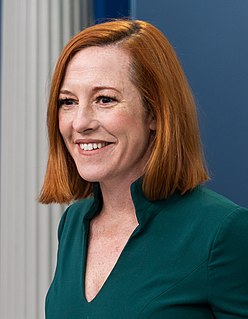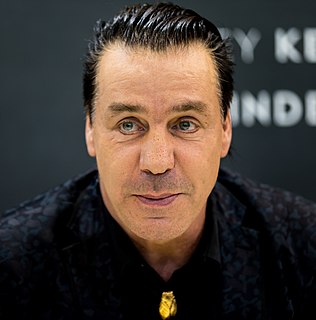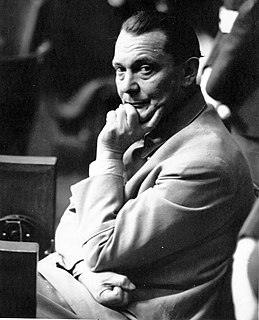A Quote by Mel Brooks
The brilliance of Max Brooks is that he always quotes authorities at the back of his books that never existed. Like a Russian professor he made up that validates a story or character.
Related Quotes
The idea for Maximum Ride come from the earlier books of mine called When the Wind Blows and The Lake House, which also feature a character named Max who escapes from a quiet despicable school. Most of the similarities end there. Max and the other kids in Maximum Ride are not the same Max and kids featured in those two books. nor do Frannie and Kit play any part in Maximum Ride. I hope you enjoy the ride anyways.
A lot of the book [The Yoga of Max's Discontent] is about karma and rebirth. Things like that are very attuned to my life as an Indian, but when I approach it from a perspective of a Westerner, then I have a skeptical, yet kind of novice view on it. I think that choice really liberated the story to be its own story. A lot of the conclusions that Max reaches on his own are not mine at all. So, I think that allowed the story to take on its own momentum, to have its own propulsive force.
To me there are two Hitlers: one who existed until the end of the French war; the other begins with the Russian campaign. In the beginning he was genial and pleasant. He would have extraordinary willpower and unheard-of influence on people. The important thing to remember is that the first Hitler, the man who I knew until the end of the French war, had much charm and goodwill. He was always frank. The second Hitler, who existed from the beginning of the Russian campaign until his suicide, was always suspicious, easily upset, and tense. He was distrustful to an extreme degree.
Mr. Moony presents his compliments to Professor Snape, and begs him to keep his abnormally large nose out of other people's business. Mr. Prongs agrees with Mr. Moony, and would like to add that Professor Snape is an ugly git. Mr. Padfoot would like to register his astonishment that an idiot like that ever became a professor. Mr. Wormtail bids Professor Snape good day, and advises him to wash his hair, the slimeball.
Well, this is a story about books." About books?" About accursed books, about a man who wrote them, about a character who broke out of the pages of anovel so that he could burn it, about a betrayal and a lost friendship. It's a story of love, of hatred, and of the dreams that live in the shadow of the wind." You talk like the jacket blurb of a Victorian novel, Daniel." That's probably because I work in a bookshop and I've seen too many. But this is a true story.
A damnably readable, streamlined, yet deeply researched work. Skipping the ancestors and aftermath of conventional biography, Max gives us the man, his work, and his times-the niceties of which (so complicated, so exquisitely intertwined) Max articulates with, well, Wallace-like lucidity and wit. Above all this is the story of a touching young man who insisted on being something better than simply the smartest person in the room.
I nodded. I liked Augustus Waters. I really, really, really liked him. I liked the way his story ended with someone else. I liked his voice. I liked that he took existentially fraught free throws. I liked that he was a tenured professor in the Department of Slightly Crooked Smiles with a dual appointment in the Department of Having a Voice That Made My Skin Feel More Like Skin. And I liked that he had two names. I’ve always liked people with two names, because you get to make up your mind what you call them: Gus or Augustus? Me, I was always just Hazel, univalent Hazel.


































